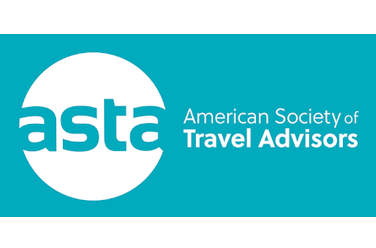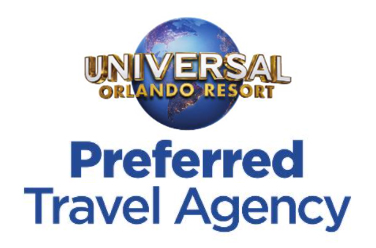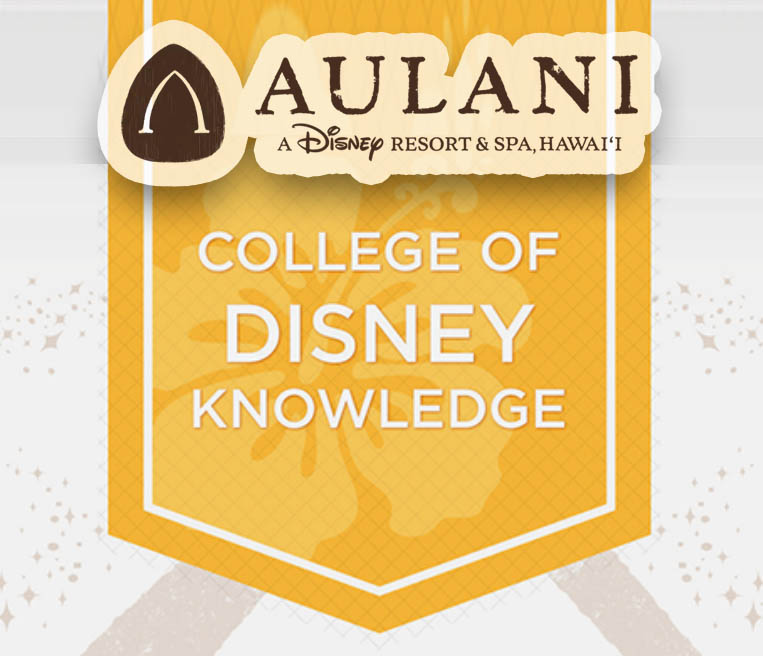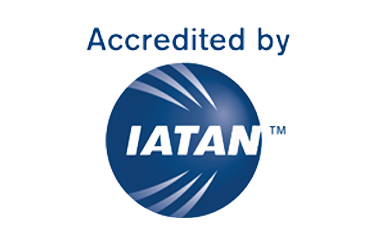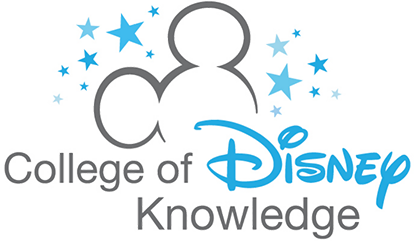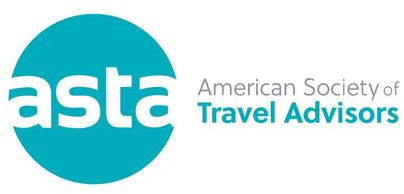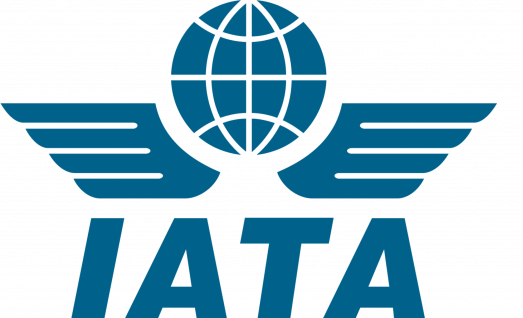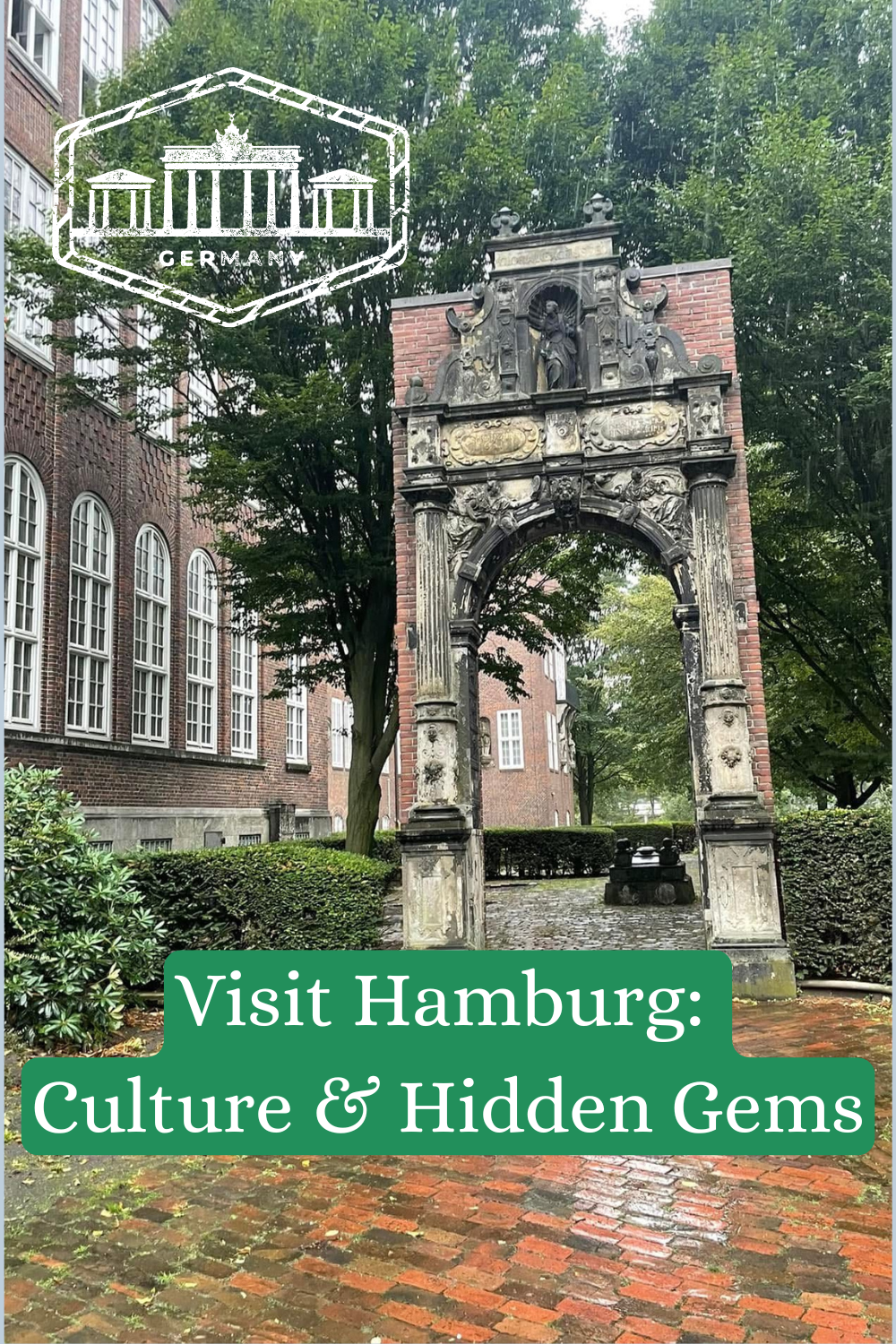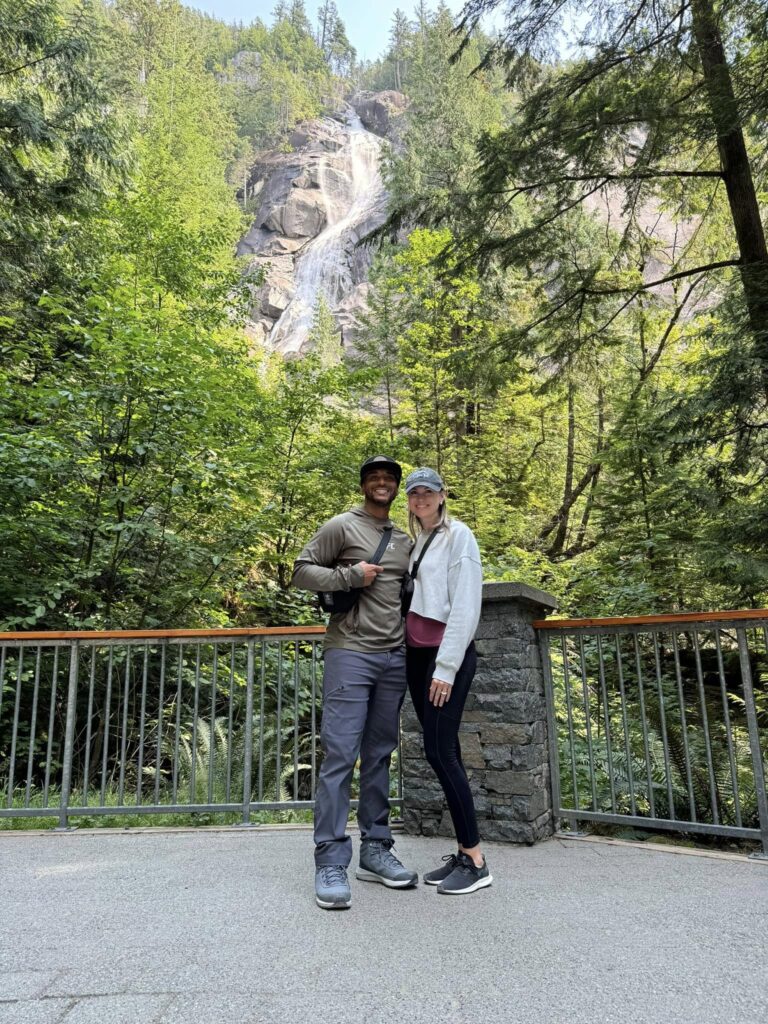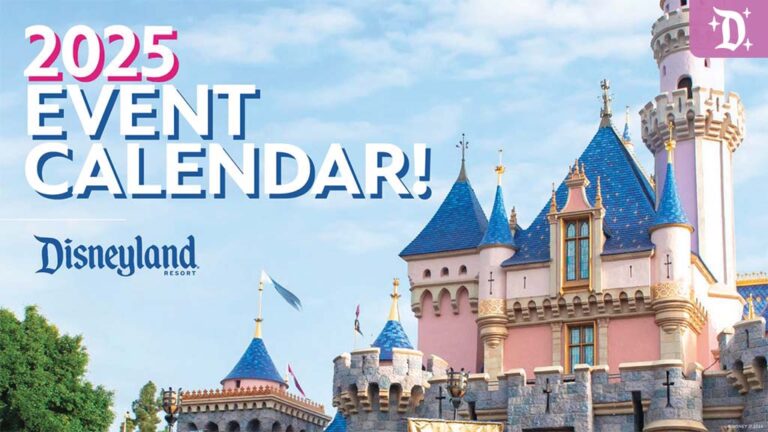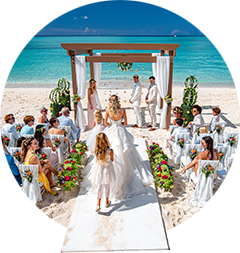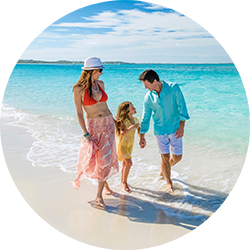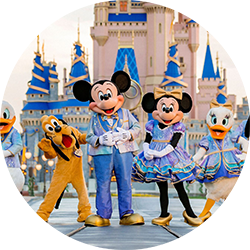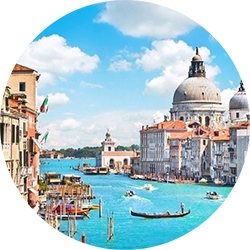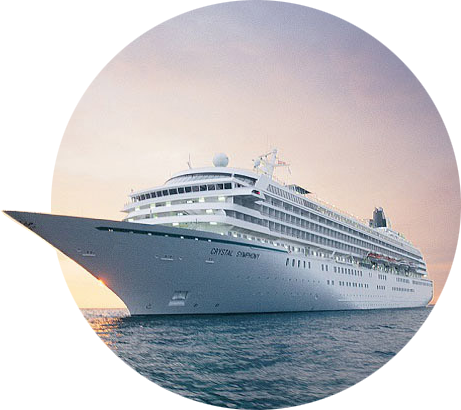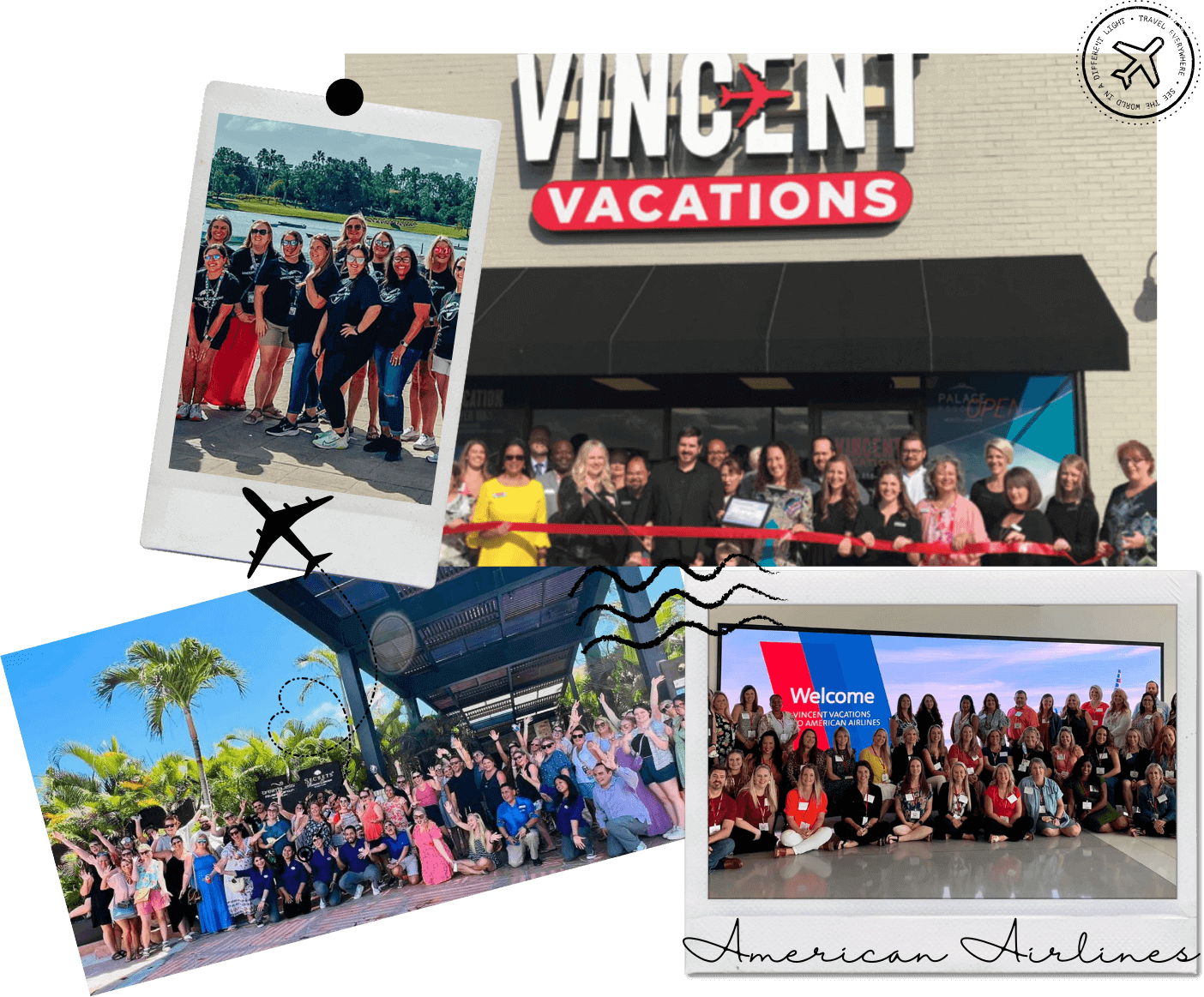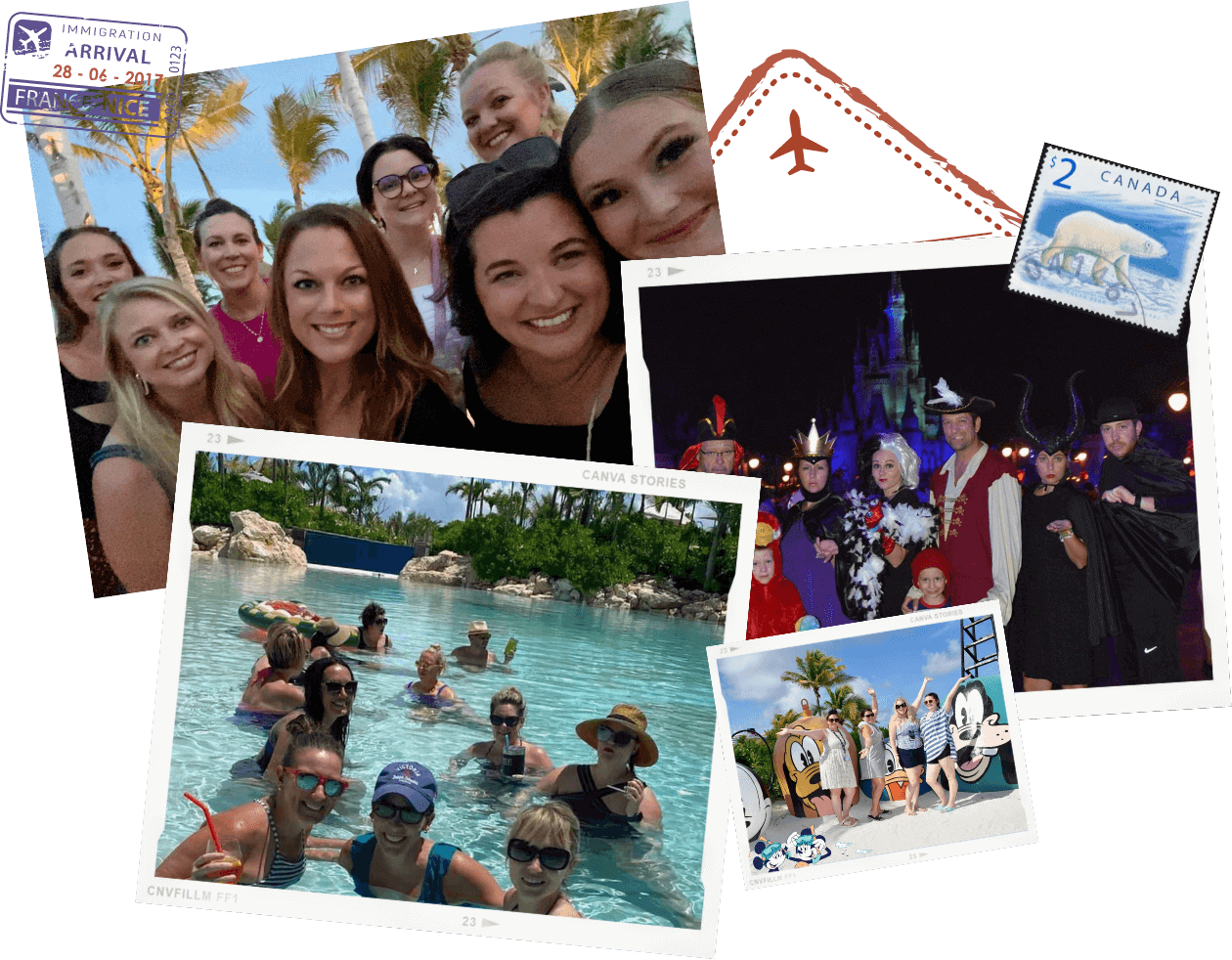We recognize that Disney vacations are not just an investment, but often the highlights of our lives, and we take that responsibility seriously. We want to ensure you have the best vacation experience.
Interested in a job in travel? Click here to learn: How to Become a Disney Travel Agent
Overview
Introduction

Once synonymous with tragedy and conflict, Vietnam is experiencing a rebirth. Now decades after the U.S. (and its Allies) pullout from South Vietnam, the country shows few remaining scars from that conflict or the protracted War of Independence from France that preceded it. Many historical sites have been fully restored, the country's economy is booming and the infrastructure for tourism is developing rapidly.
The ancient and modern coexist: Cell phones and gleaming motorbikes are ubiquitous in the towns and villages, but some farmers still till their rice fields with the help of bullock plows.
The country's history of conflict—both internal and with others—could lead you to conclude that the Vietnamese thrive on a certain degree of contentiousness. That's just not the case. Although older Vietnamese may find the pace of change somewhat dizzying, there is overwhelming support for the advances the country is making. Tourism is helping Vietnam ride the crest of that wave, and the country has become one of the best travel bargains in Asia.
Geography
The terrain of Vietnam consists of four main regions.
In the northeast, the Red River Delta is low and flat. The northwest part of the country, which borders China, is rugged and mountainous. The narrow central region contains a long chain of mountain peaks (the Central Highlands) to the West, and a broad agricultural plain of rice fields and vegetable farms stretching eastward toward the sea. The Mekong Delta, in the south, is a tropical lowland laced with scores of rivers and canals. The winding coastline threads its way around 1,860 mi/3,000 km of headlands, beaches, swamps and sand dunes.
History
Vietnam's recorded history begins in 111 BC, when the Chinese conquered the northern part of the region and ruled for more than 1,000 years. For the next 700 years, Vietnam was a collection of small, competing kingdoms (the northern and southern portions of the country vied for control even then).
The Nguyen Dynasty took power in 1802 and ostensibly ruled most of Vietnam until 1954, but the Nguyen emperors were largely controlled by the French after 1887. During World War II, the Japanese invaded. After the war, the French attempted to retain Vietnam as a colony.
The Viet Minh, a coalition of communist and nationalist groups, forced the French out in 1954 (you can still see reminders from the famous Battle of Dien Bien Phu), and the country was temporarily divided along the 17th parallel. The North consolidated under Communist leadership, and the South went to the nationalists. An election was scheduled, but the South, suspecting that the North would win, refused to participate. A few months later, the South declared independence.
The two sides sought to undermine each other's governments from the start. The North consolidated power under popular leader Ho Chi Minh. In 1963, North Vietnamese troops openly crossed the border, and the Vietnam War (known in Vietnam as the American War) began in earnest. Despite support from the U.S. and a handful of other countries, the South was unable to defend itself. North Vietnamese troops captured Saigon in 1975 and ended the war.
Though it initially took a hard-line communist approach, Vietnam later began liberalizing certain segments of its economy and in 1983 announced an open-door trade policy with the rest of the world. The government maintained strict control over exchange rates, however, which helped it get through the Asian economic crisis of 1997.
Today, Vietnam seems full of contradictions: It still subscribes to Marxist principles and is controlled by the party, but it is embracing capitalism and all its benefits. Although the country is gaining prosperity, it hasn't forgotten its past—the government has erected war memorials and billboards that extol the virtues of the collective state.
Snapshot
Vietnam's main attractions are beautiful scenery, rich culture, beaches, delightful cuisine, courteous people, Vietnam War sites, hill-tribe cultures and ancient temples, courts and pagodas illustrating Vietnam's shifting dominant cultures throughout its 4,000-year history.
Vietnam will appeal to adventurous travelers who are interested in Southeast Asian culture and who can maintain a flexible attitude within Vietnam's still-emerging tourism industry. A handful of luxury resorts have been built around Vietnam's major tourist destinations, offering relaxation without worry to those who desire to be indulged and pampered on their holidays.
Potpourri
Dragonfruit, which grows on a type of cactus plant, is found throughout Southeast Asia, but there is an abundance of it in Vietnam. The fruit has brilliant pink skin with overlapping scales tipped in lime green, and the melonlike shocking-pink or white flesh is decorated with edible black seeds.
Vietnam is the largest exporter of cashews in the world, as well as the second-largest exporter of rice and coffee.
What's the difference between a pagoda and a temple? Pagodas (chua) are dedicated to Buddha and, often, to various Hindu gods and avatars. Temples (den) are built to memorialize historical figures, especially kings, emperors and victorious generals. They are frequently built next to or inside pagodas. Prayers and incense are offered at pagodas, but not at temples.
You're more likely now to see it on female hotel staffers than on the street, but many older Vietnamese women still wear the traditional ao dai to festive events. It is an ankle-length, embroidered silk robe slit up both sides and worn over loose pants. White wedding dresses and elaborate, handmade evening dresses are more popular with younger women.
The Vietnamese refer to the Vietnam War as the American War.
Try to see a water-puppet show during your visit to Hanoi. This art form is unique to Northern Vietnam and is not aimed at children, although they will enjoy a performance.
It is against the law to put your hands in your pockets when visiting Ho Chi Minh's mausoleum.
There is a two-tiered price structure in Vietnam, with a tourist price and a lower Vietnamese price. You will be paying the tourist price.
An estimated 5 million motorbikes crowd the streets of Hanoi, small potatoes compared to Ho Chi Minh City's 7.43 million. The most frequently replaced part of a motorbike, in both cities, is the horn.
Nearly all Vietnamese practice ancestor worship, and most homes, businesses and restaurants have a small altar at the front where incense, prayers and gifts are offered daily to keep the ancestors comfortable in the spectral world. The gifts are determined by the deceased's preferences while in the world of the living and may include glasses of whiskey, cigarettes, candy, flowers and fruit.
LGBTQ travelers have no trouble in Vietnam, as the Vietnamese exercise a tolerance toward all genders, sexualities, religions and sects.

